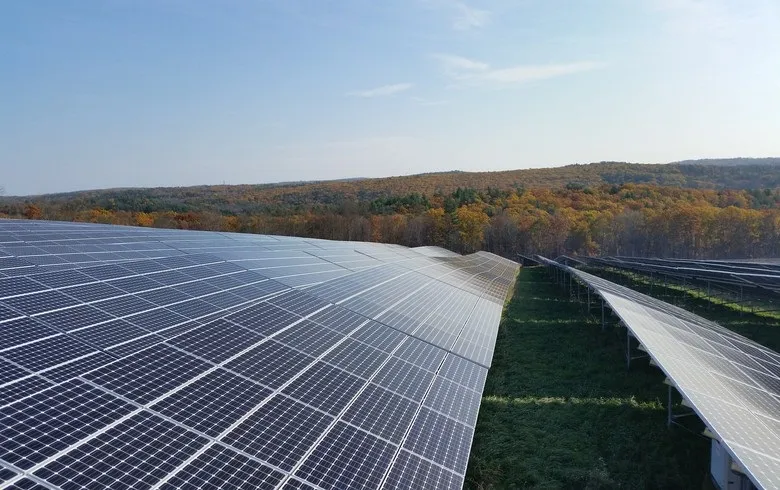SEIA unveils social justice platform
- The Solar Energy Industries Association (SEIA) has actually revealed a brand-new ecological and social justice platform to enhance access to work within the renewables sector, as well as to low-priced clean energy throughout the United States.

The document, called the Solar Industry Policy Principles on Environmental Justice & Equity, describes particular ecological end results and also policies the SEIA plans to support in order to "expand equitable accessibility to solar energy and its advantages". It consists of possible federal government policies on tax, work, power gain access to and also environment change, as well as has actually been put together with input from SEIA members, diversity specialists, policy specialists as well as a number of ecological campaign organisations.
Abigail Ross Hopper, SEIA's president and also ceo, said that environmental justice organisations have given the profession body with a "clear roadmap" towards constructing a much more varied renewable resource field, "and currently it's our rely on follow it and also advocate for the policies that support frontline communities."
Barriers for entrance
The online document outlines a number of policies the SEIA intents to advocate and also lobby for by dealing with local and federal government officials. It includes suggestions such as assigning federal government funds for creating the clean power labor force, establishing incubators for start-ups in the solar field, and also preventing "developing barriers for access" for people that might intend to enter the renewables market, however are constricted by their socio-economic history or individual scenarios. "Unions as well as arranged work, flexibility in work classification, dominating wage policy, enhanced community university training programs, added public funding for training as well as workforce growth all have a duty to play," the document said.
Furthermore, the SEIA's platform said that improving public education and learning on the renewables field within traditionally minority-attended institution of higher learnings will improve the racial variety of both solar energy consumers and employees, as well as recommended a tidy power curricula for trade or occupation institutions, neighborhood universities as well as various other higher education institutions. The SEIA stated in a declaration that the United States' tidy power shift need to "sustain communities that have actually traditionally been left by environmental policies".
Erika Symmonds, vice head of state of labor force advancement at solar industry charitable group GRID Alternatives, stated she is "looking forward to the policy platform's application" and also proceeded oversight from ecological justice groups such as hers. Various other non-profits that contributed to the new policy platform consisted of Greenpeace, Vote Solar, Data for Progress and also the National Association for the Development of Colored People.
Along with providing clear paths to underserved communities as well as enhancing the solar workforce's variety, the document concentrates on functioning very closely with affected communities on the siting and allowing processes for large-scale renewables projects, utilizing solar energy to enhance accessibility to low-priced power, and lobbying for tax policies that eliminate barriers to financing rooftop solar for lower-income homes.
The SEIA will remain to assess the document as the United States solar industry expands under Head of state Biden's administration, which has actually set out a listing of new policies and funding bundles developed to advertise r & d (R&D) within the solar, storage space and also larger renewable energy industry. Biden introduced his own 'American Jobs Plan' in the direction of completion of March, outlining stimulation plans in excess of US$ 2 trillion and, most importantly for solar, consisting of expansions on existing production tax obligation credit scores (PTC) and investment tax obligation credit scores (ITC) for clean power generation projects.
Also read

